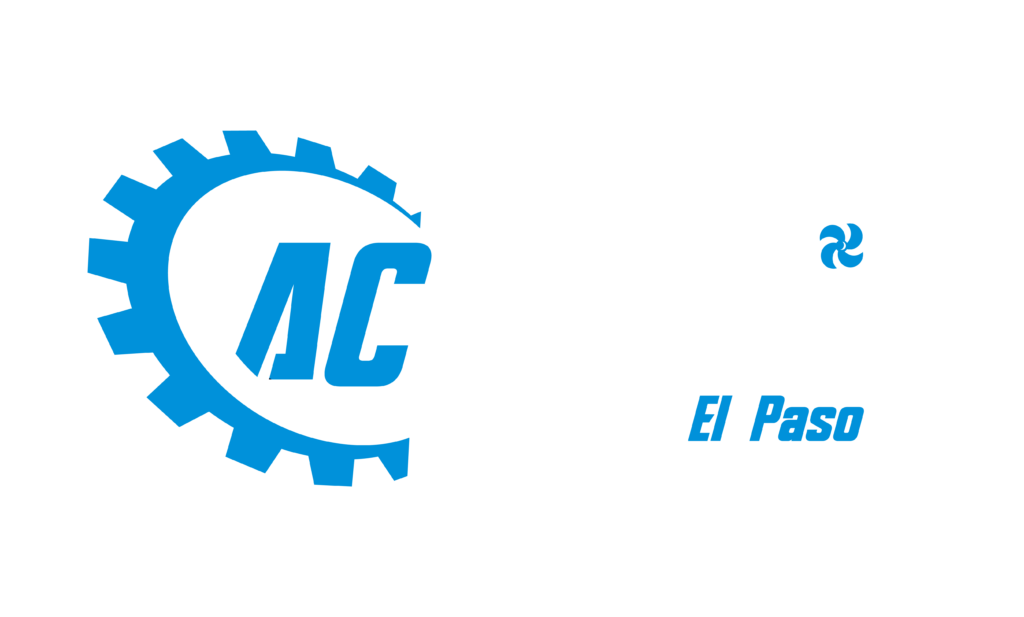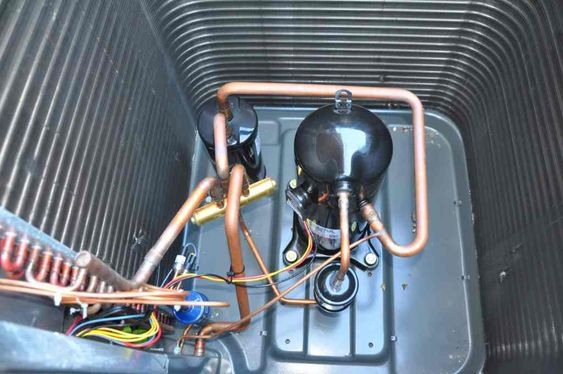We’ve all been there: it’s the middle of a blazing summer day, and suddenly, your air conditioner just stops working. Panic sets in, right? We rely on our AC units to keep us cool and comfortable, and when they break down, it’s not only inconvenient—it can be downright unbearable. But, one of the first thoughts that comes to mind is, “How much is this going to cost me?”
Air conditioner repair costs can vary quite a bit. From small, quick fixes to bigger, more expensive overhauls, there’s a range of prices that can hit your wallet. So, let’s take a deep dive into the factors that influence AC repair costs and what you can expect when you need to call in a professional.
The Average Cost of AC Repairs
On average, the typical homeowner will spend anywhere between $150 to $500 on an AC repair. That being said, some minor issues can cost as little as $100, while major repairs could skyrocket to $1,000 or more. It all depends on the problem and the parts involved.
Think of AC repairs like fixing a car: a quick tune-up is cheap, but if you need to replace the transmission, well, you’re looking at a bigger bill. Air conditioners are no different. Minor issues, like a clogged filter or a tripped breaker, will cost less than replacing major components, such as the compressor or condenser.
Common AC Repairs and Their Costs
To help you get a better idea, here’s a breakdown of common AC repairs and the typical costs associated with each:
- Refrigerant Leak:
- Cost: $200 – $1,500
- If your system is low on refrigerant, it likely has a leak. Repairing the leak and refilling the refrigerant can get pricey, especially if the leak is hard to find or fix.
- Thermostat Replacement:
- Cost: $100 – $300
- A malfunctioning thermostat can make it seem like your AC is on the fritz when it’s just the control unit. Replacing the thermostat is relatively simple and won’t break the bank.
- Capacitor Replacement:
- Cost: $120 – $250
- The capacitor helps the motors in your AC start up and keep running. When it fails, the AC might struggle to cool or stop working altogether.
- Compressor Repair/Replacement:
- Cost: $1,200 – $2,500+
- This is the big one. The compressor is essentially the heart of your AC unit, and if it fails, you’re looking at a costly repair—or even a replacement of the entire unit in some cases.
- Condenser Coil Cleaning or Replacement:
- Cost: $100 – $400 (cleaning); $1,000 – $2,500+ (replacement)
- Dirty or damaged condenser coils can cause your AC to lose efficiency, and cleaning them is a common maintenance task. If they need replacing, though, it’s a major repair.
- Fan Motor Replacement:
- Cost: $300 – $700
- The fan motor keeps air moving across the coils and through your vents. If it dies, your system can’t do its job, so it’ll need to be replaced ASAP.
Factors That Affect AC Repair Costs
Why do AC repair costs vary so much? Well, a few key factors can influence how much you’ll end up paying:
- Type of AC Unit: Central air systems tend to be more expensive to repair than window units or ductless mini-splits. The larger and more complex the system, the higher the repair costs.
- Age of the Unit: If your AC unit is older, it may be harder (and more expensive) to find replacement parts. In some cases, repairing an old unit might not even be worth it—you might be better off replacing the whole thing.
- Extent of the Damage: A small part that’s broken or needs adjusting won’t cost nearly as much as a major component failure. The more labor-intensive the repair, the higher the cost.
- Seasonal Demand: Believe it or not, the time of year can also affect repair costs. If your AC breaks down in the middle of summer, when HVAC companies are swamped, you may pay a premium to get a tech out to your home quickly.
Is It Worth Repairing or Should You Replace?
Here’s where things can get tricky. If your AC is older or the repair is going to be expensive, you might start wondering if it’s even worth it. After all, no one wants to keep throwing money at a dying machine. So, when should you repair, and when should you replace?
A good rule of thumb is the “5,000 Rule”: multiply the cost of the repair by the age of your AC unit. If the number is higher than $5,000, it’s probably time to replace the unit. For example, if you’re looking at a $1,000 repair on a 10-year-old system (1,000 x 10 = 10,000), replacing the unit might make more financial sense.
Another factor to consider is energy efficiency. Newer AC units are much more efficient than those made 10-15 years ago. So, while the upfront cost of a new system might be higher, the savings on your energy bill could make up for it over time.
How to Avoid Costly AC Repairs
No one wants to spend money on repairs if they don’t have to. The good news? There are some steps you can take to minimize the likelihood of costly repairs:
- Regular Maintenance: Think of it like getting an oil change for your car. Regular maintenance, such as cleaning filters and coils, can keep your AC running smoothly and catch potential issues before they become big (and expensive) problems.
- Change Filters: A dirty filter can reduce your AC’s efficiency and cause it to work harder, leading to premature wear and tear. Change your filters every 1-3 months to keep things running smoothly.
- Keep the Area Around Your Unit Clear: Make sure the outdoor unit has plenty of breathing room. Clear away any debris, leaves, or plants that could obstruct airflow.
- Schedule Annual Tune-Ups: Having a professional inspect and service your AC once a year can help catch small problems before they become big repairs. It’s a little investment that can save you a lot in the long run.
Conclusion
So, how much do AC repairs cost? It really depends on the problem, the type of system you have, and how well you’ve maintained it. While the average repair runs between $150 and $500, it’s not uncommon to see costs go much higher, especially if you’re dealing with major parts like the compressor or condenser.
The best way to avoid hefty repair bills is to stay on top of regular maintenance and tackle small issues before they turn into bigger (and more expensive) problems. And when in doubt, don’t be afraid to ask your HVAC technician whether it’s time to repair or replace. After all, no one wants to spend more than they have to, especially when it comes to keeping cool in the heat of summer.


